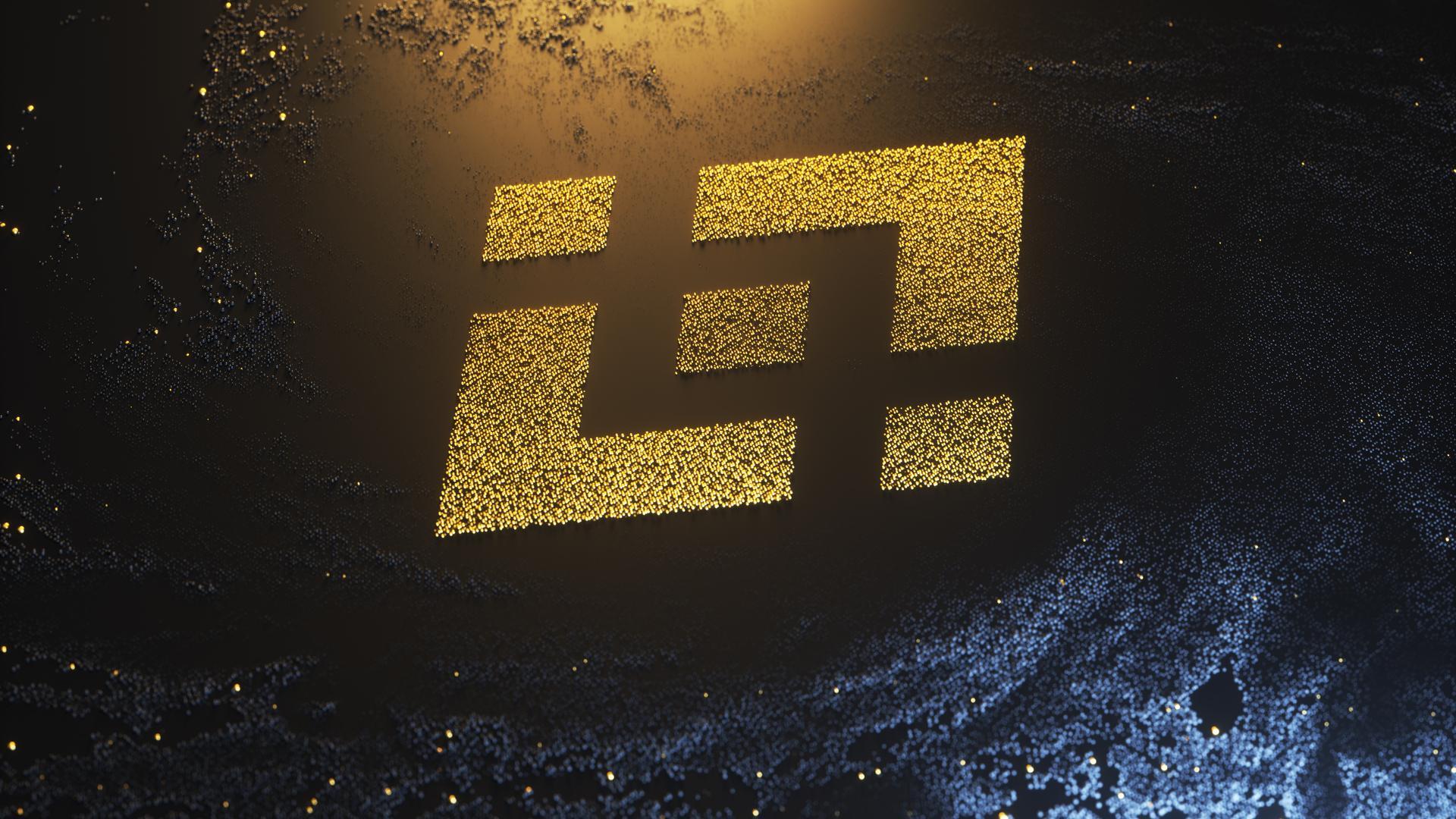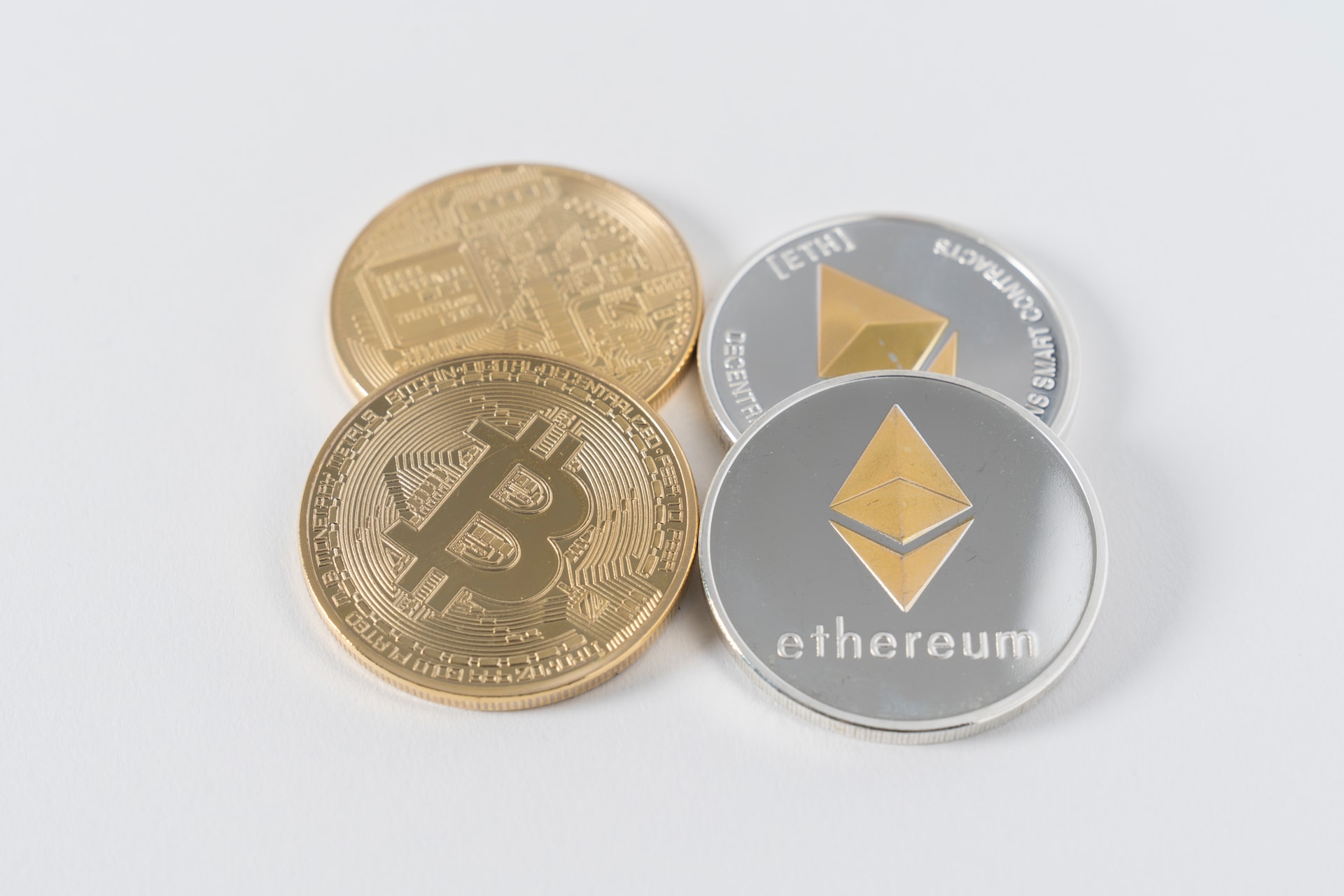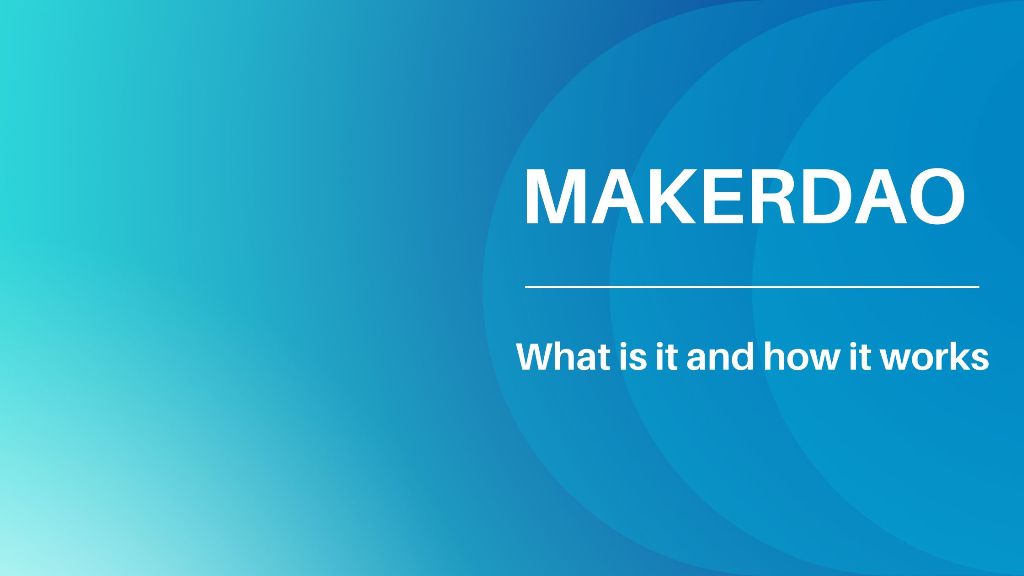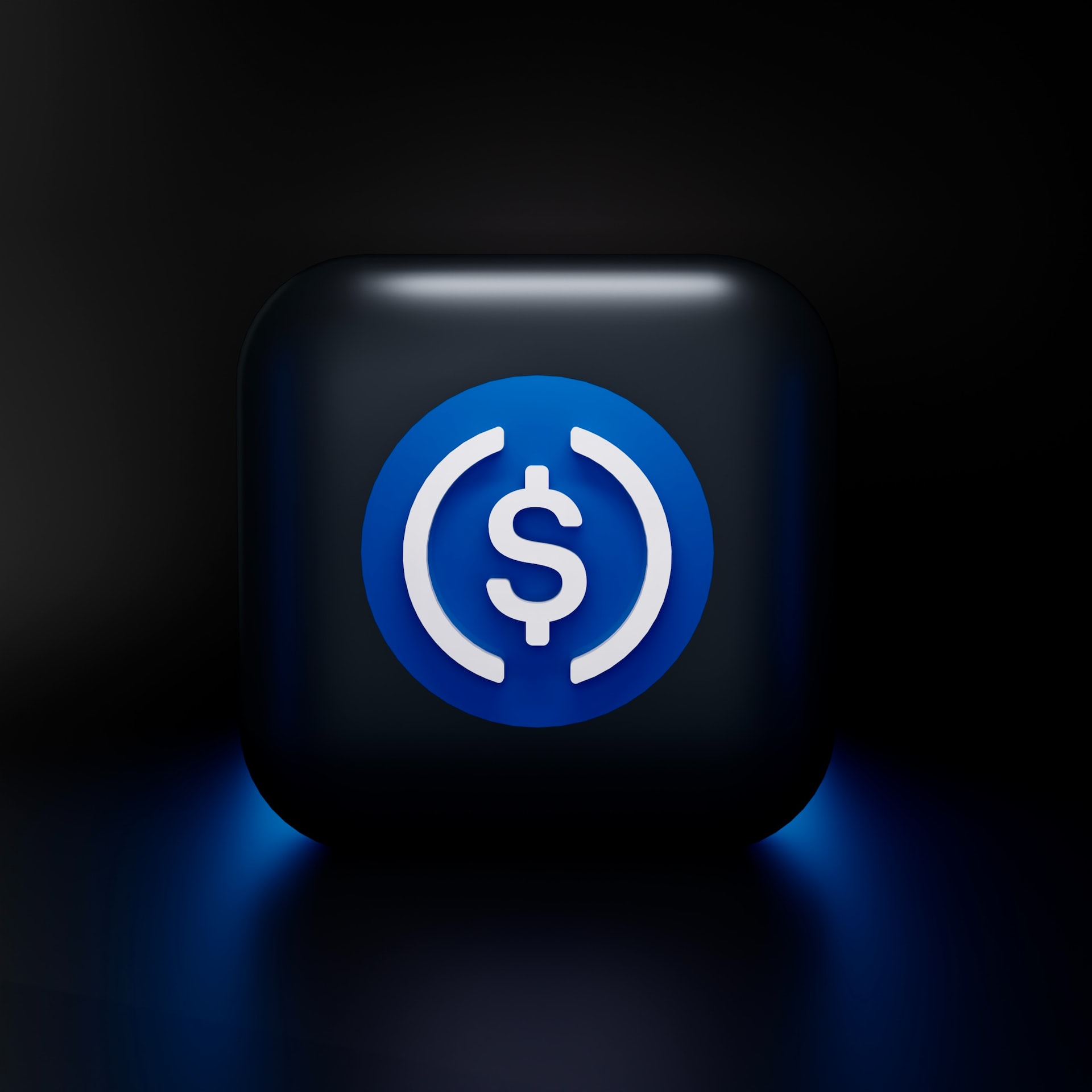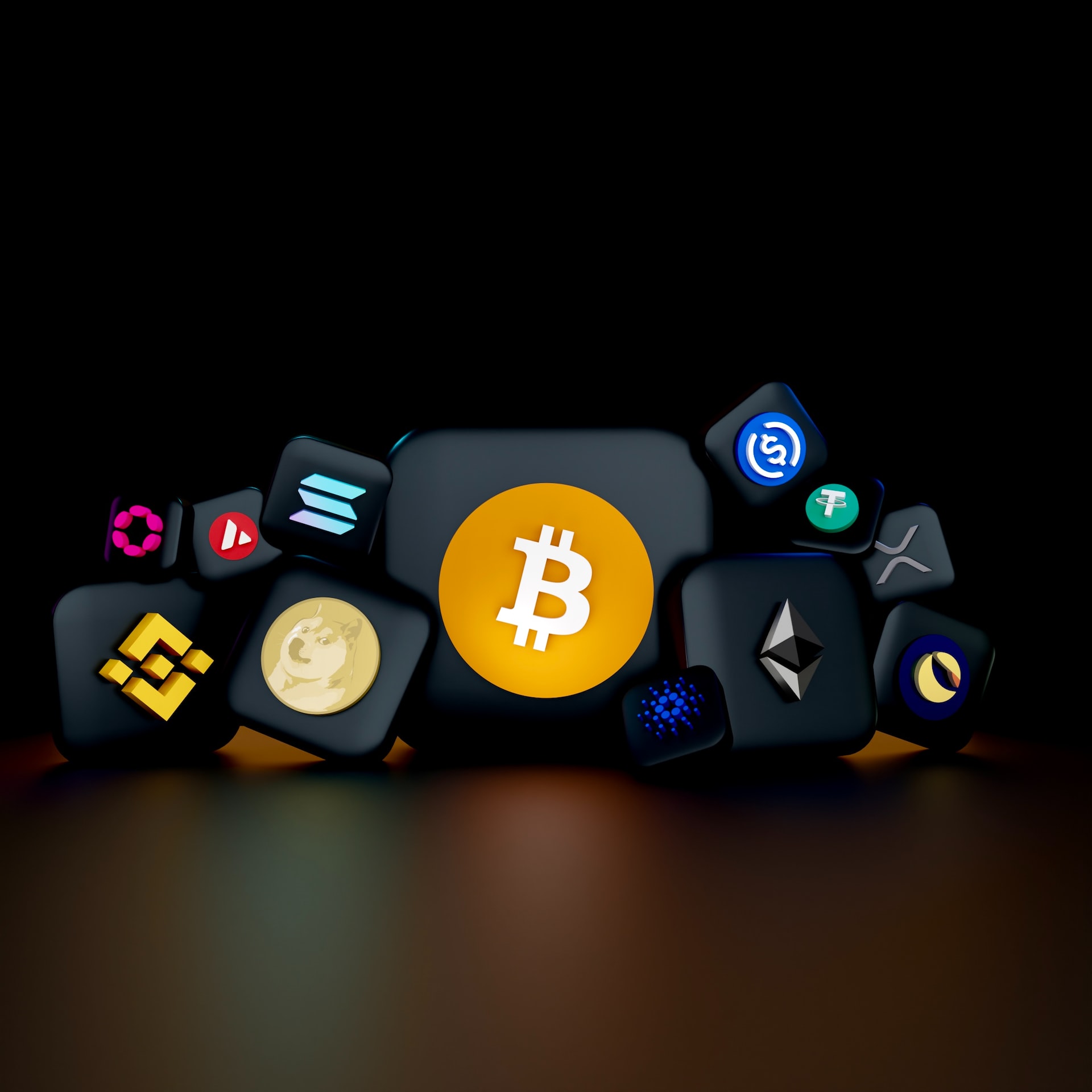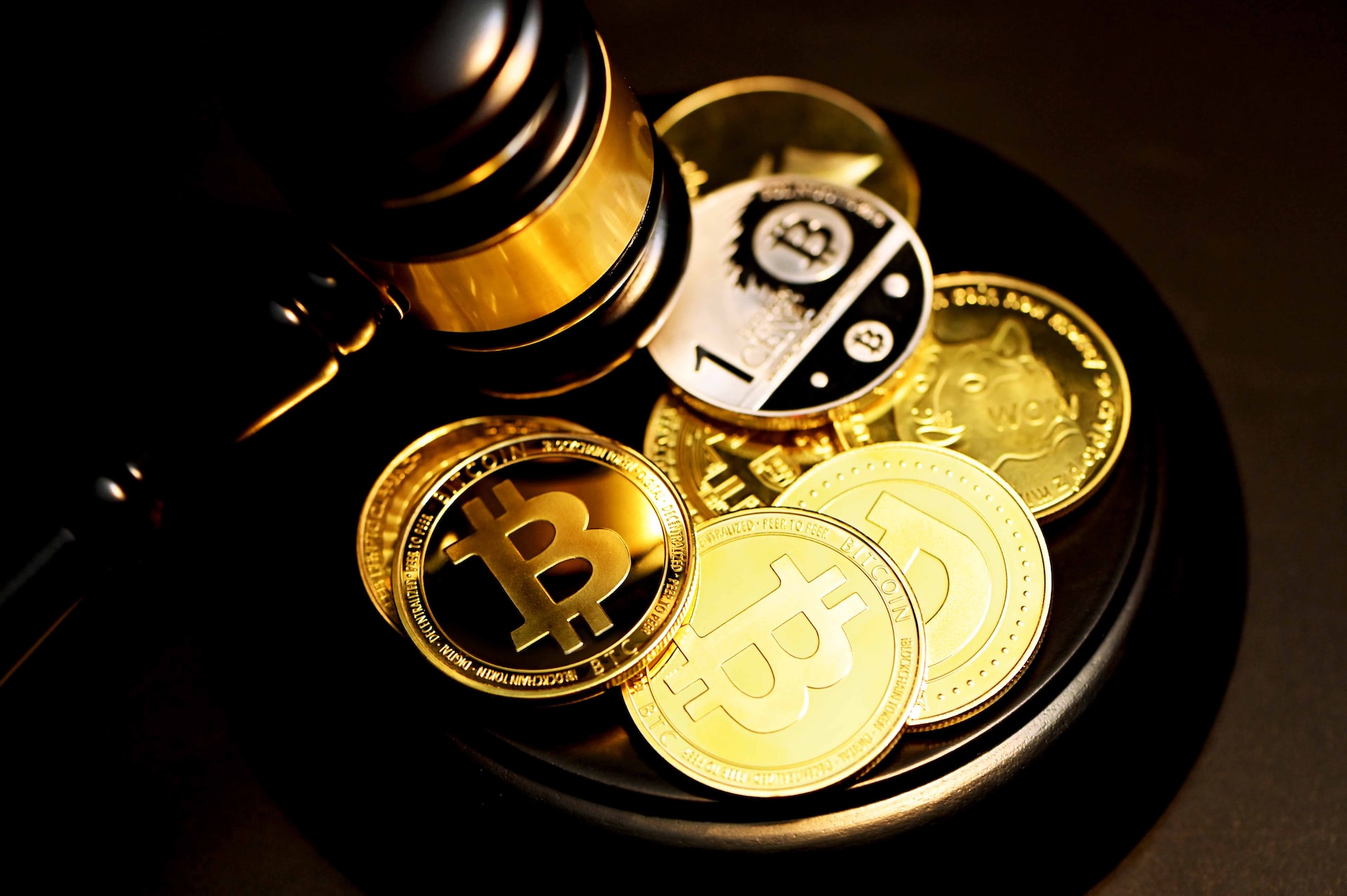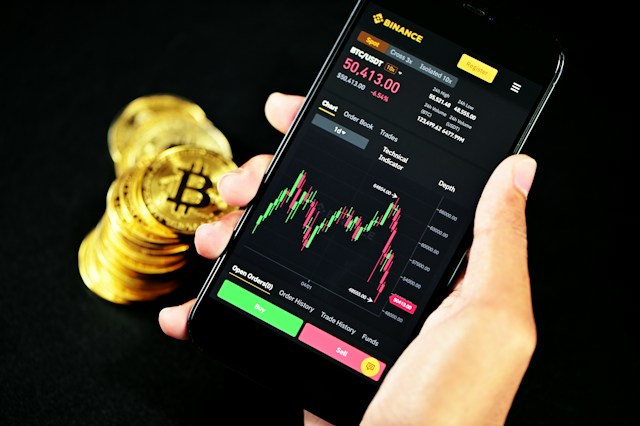
What is bitcoin
Bitcoins cannot be touched. They are not bills or coins. Bitcoins also have little in common with electronic money on a bank card. Bitcoins are digital money with its own rules for transactions that cannot be violated.
Bitcoin runs on a blockchain, a system that has been compared to a big book containing all the records of what happens to the cryptocurrency. And every bitcoin owner has an independent but identical copy of this book on hand.
The entries in all the books are true and identical. Neither banks, nor the government, nor the creator of the cryptocurrency can tamper with these records. In other words, there is no single controller in the blockchain; the system is controlled by many participants. A system built on mathematical calculations protects the digital currency from being tampered with or hacked.
Bitcoins are generated by a network of miners, which can range from large companies whose shares are traded on a stock exchange to individuals who mine at home.
While the limit of traditional currencies is unlimited, bitcoins cannot be more than 21 million. Most of the bitcoins have already been generated and are in circulation. Some of the coins are lost forever, about 30% of all bitcoins to be exact (owners of some bitcoin wallets have forgotten their password).
Bitcoins are “born” thanks to miners (“miners”). Mining is the process of generating cryptocurrency using computing equipment. Miners are paid for mining bitcoins.


